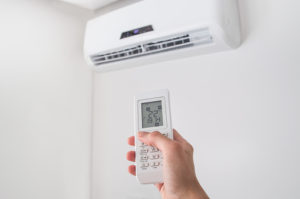 Ovarian cysts are fluid-filled sacs that develop in the ovary or on its surface. Many women will develop at least one cyst during their lifetime.
Ovarian cysts are fluid-filled sacs that develop in the ovary or on its surface. Many women will develop at least one cyst during their lifetime.
The two most common types of ovarian cysts are follicle and corpus luteum cysts. Other cysts that are less common include endometriomas, dermoids and cystadenomas.
Causes for ovarian cysts include:
- Hormonal problems
- Pregnancy
- Severe pelvic infections
- Endometriosis
In most cases, ovarian cysts are symptomless and do not lead to further complications. Typically, they disappear within a few months without treatment. However, if cysts continue to grow and become enlarged, symptoms such as pelvic pain, bloating, painful intercourse and pain in the lower back or thighs can develop. Cysts can also lead to complications such as infertility.
If you are experiencing symptoms, speak with your doctor. If cysts are discovered after a thorough examination and testing, your doctor will determine the course of treatment based on the type of cyst and severity. Medication or surgery may be recommended.
If it is determined that surgery is needed, a common procedure known as an ovarian cystectomy can be performed utilizing robotic technology. The da Vinci Robot Surgical System is the platform most popularly used by surgeons. Doctors at Flushing Hospital Medical Center operate using this state-of-the-art equipment because of the many benefits it can offer.
The advantages of operating with the robot include a reduced risk of infection, shorter hospital stays and minimal pain. The dexterity of the machine also allows for greater control and precision than the human wrist.
To learn more about the da Vinci robotic ovarian cystectomy or to schedule a consultation with a doctor at Flushing Hospital Medical Center, please call 718-670-8994.
All content of this newsletter is intended for general information purposes only and is not intended or implied to be a substitute for professional medical advice, diagnosis or treatment. Please consult a medical professional before adopting any of the suggestions on this page. You must never disregard professional medical advice or delay seeking medical treatment based upon any content of this newsletter. PROMPTLY CONSULT YOUR PHYSICIAN OR CALL 911 IF YOU BELIEVE YOU HAVE A MEDICAL EMERGENCY.





